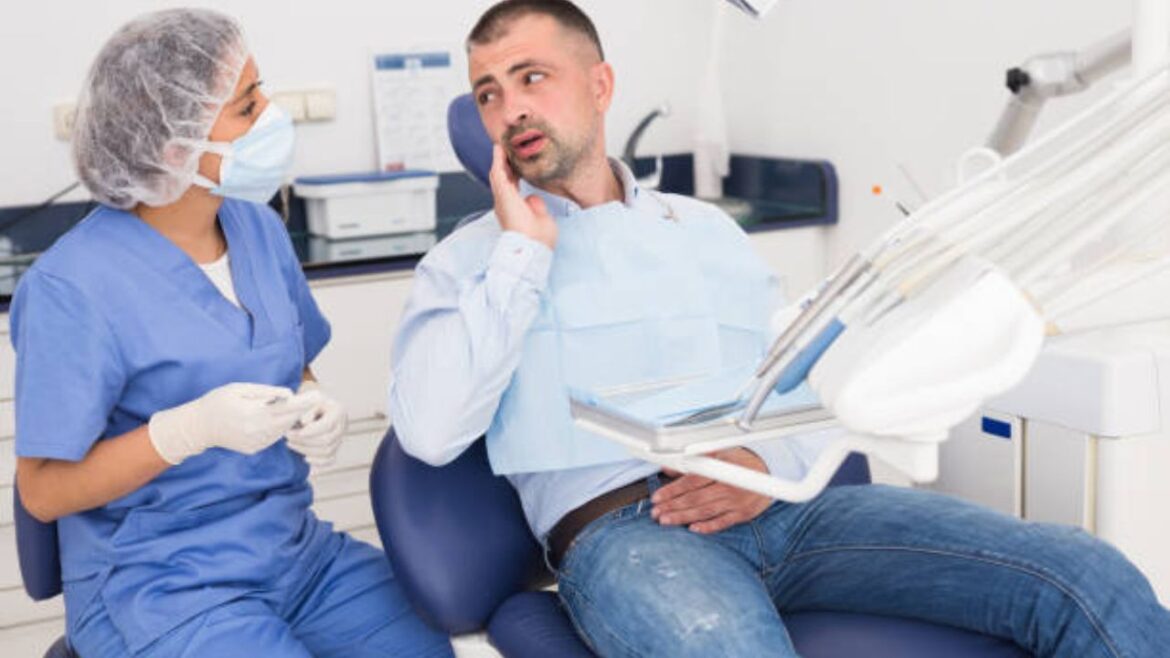Dental emergencies can strike unexpectedly, causing intense pain, discomfort, or even jeopardizing your oral health. While regular checkups and preventive care help avoid most issues, situations like sudden toothaches or injuries remind us how vital it is to know what to do when urgent dental problems arise.
What Is Considered a Dental Emergency?
Many people are unsure whether their dental issue qualifies as an emergency. Common signs that you need immediate professional attention include:
- Severe or persistent pain that disrupts sleep or daily life.
- Swelling in the gums or face, which may indicate infection.
- Knocked-out or loose teeth due to injury or trauma.
- Bleeding from the mouth that doesn’t stop after applying pressure.
- Abscesses or infections that can spread quickly if untreated.
- Cracked or broken teeth that risk further damage or infection.
Knowing these warning signs is critical—delaying care may worsen the problem and affect not just your oral health but your overall well-being.
The Link Between Oral Health and Overall Health
Research shows that untreated oral infections can impact general health. Infections in the mouth can spread to the bloodstream, increasing the risk of serious conditions like sepsis. Gum disease has also been linked to heart disease and diabetes complications. Taking emergency dental issues seriously is about much more than saving a tooth—it’s about safeguarding your health.
What Happens During an Emergency Dental Visit?
When you visit a dentist specializing in emergency dentistry, the focus is on rapid diagnosis and relief. A typical appointment may include:
- Thorough examination and x-rays to pinpoint the source of pain or injury.
- Pain relief measures to address discomfort immediately.
- Treatments such as fillings, extractions, or repair for damaged teeth.
- Infection control, including draining abscesses and prescribing antibiotics if needed.
Prompt treatment not only relieves pain but can often save teeth that might otherwise be lost.
How to Handle a Dental Emergency Before You See a Dentist
Here are a few tips for managing emergencies until you can reach a dental professional:
- Knocked-out tooth: Keep it moist in milk or gently reinsert it into the socket.
- Toothache: Rinse with warm saltwater and avoid placing aspirin directly on gums.
- Swelling: Apply a cold compress to reduce discomfort.
- Bleeding gums: Apply gentle pressure with a clean gauze or cloth.
These are temporary measures—professional care is always necessary to resolve the underlying problem.
The Takeaway
Dental emergencies require fast action to prevent long-term damage and protect overall health. Understanding what qualifies as a dental emergency and how to respond can make all the difference in outcomes. If you experience sudden pain, swelling, or injury, don’t wait—seek professional help as quickly as possible.
By being informed and proactive, you not only save your smile but also protect your well-being

